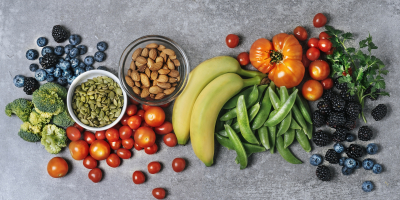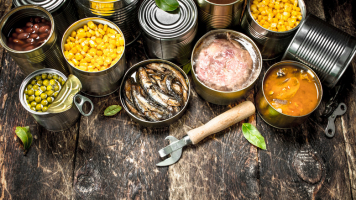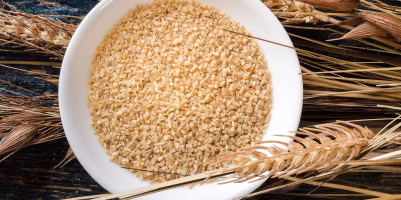Top 10 Lifestyle Changes for a Healthy Liver
One of your body's key organs is your liver. Your health is maintained by this organ. However, some lifestyle choices might impair your liver if you're not ... read more...careful. It's possible that you aren't even aware of your liver's dysfunction. As a result, liver disease has few signs and symptoms. Fortunately, with a few simple lifestyle changes below, you may have a healthy liver.
-
Drug use harms your liver. Beyond liver damage, this way of living has a number of harmful side effects. One of the poor decisions made as a result of drug addiction is the use of contaminated needles, which increases the risk of liver disease.
You should follow up with a medical practitioner and seek testing following any type of skin penetration involving sharp instruments or needles. If you or someone else has put a dirty needle or sharp object into your skin, get a test right away. Although it happens rarely, there have been cases where hospitals unintentionally used dirty needles. Of course, this caution also applies to needle-based treatments like tattoos and body piercings. Never exchange personal care products like razors or nail clippers. The best person to defend your health is you.
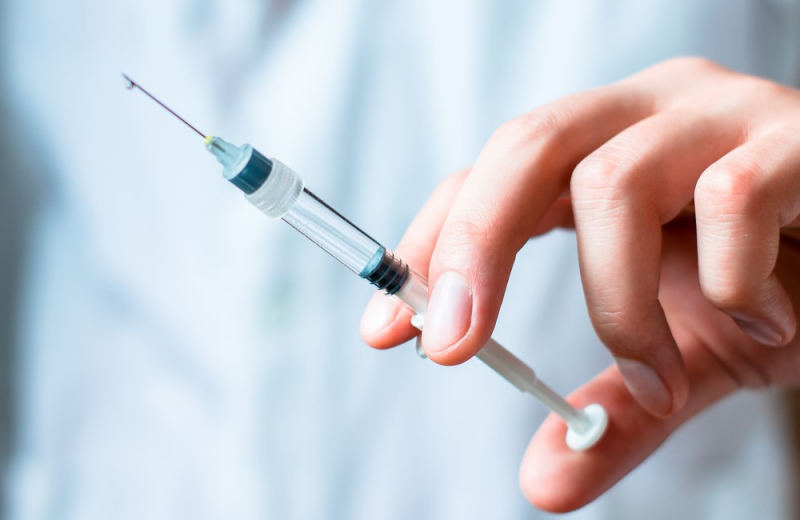
Avoid dirty needles 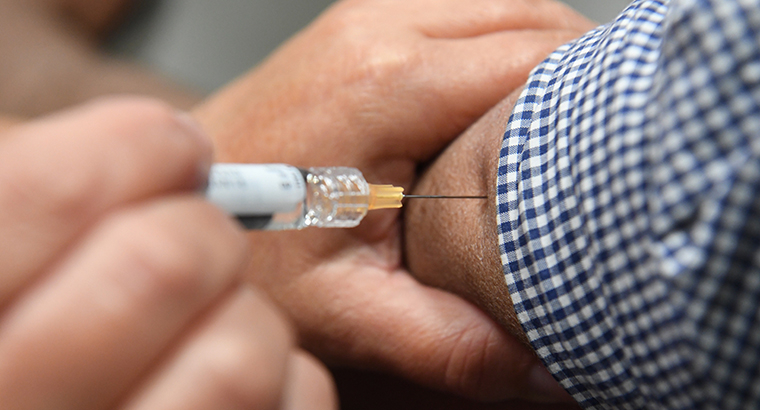
Avoid dirty needles -
You should protect both you and your partner from diseases that may be spread through sex, including those that may later harm your liver. Hepatitis B and C, both result in liver damage. They can cause death due to liver disease if left untreated.
A viral infection of the liver called hepatitis C (HCV) is spread through blood contact. If untreated, cirrhosis and cancer, 75%- 85% of people who develop it go on to suffer from horrible liver diseases like cirrhosis and cancer. Although it is uncommon, there are some situations when HCV can be spread through sex, particularly if there are rough sexual activities involved. Follow safe sex practices to avoid developing this dreadful liver disease.
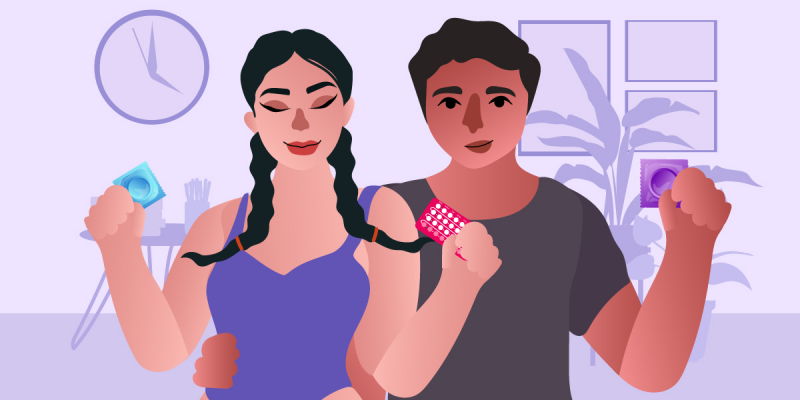
Practice safe sex 
Practice safe sex -
It's a quick and easy way to keep germs out of your liver. Warm water and a little soap will do. After using the restroom, feeding a baby, or preparing food, wash your hands with warm water and soap.
Hepatitis cannot spread when your hands are clean. This type of hepatitis is a dangerous liver disease that spreads from person to person. Anyone can get it, particularly if they don't wash their hands before making, eating, or touching food or beverages. It also spreads by intimate contact with a hepatitis A patient. Especially in the current pandemic, hand hygiene, along with masks and social distancing, are proven behaviors that prevent the transmission of COVID-19.
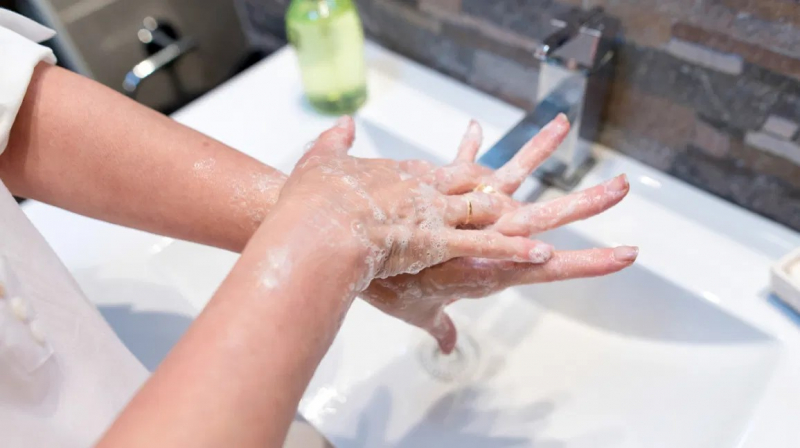
Wash your hands 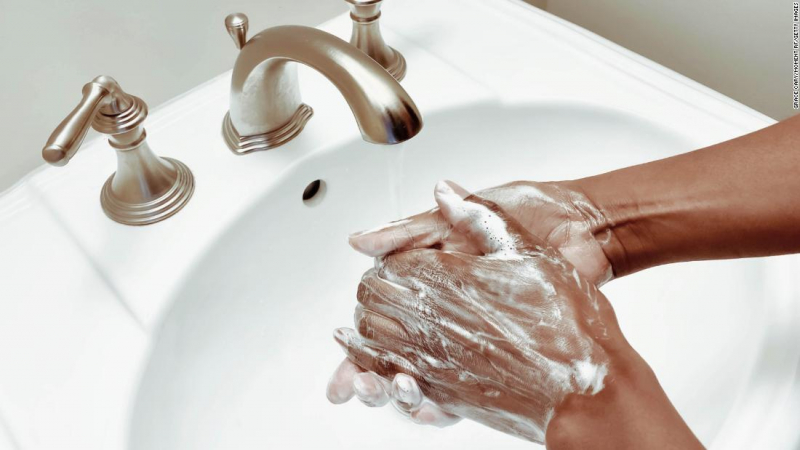
Wash your hands -
Studies show that between 30% and 45% of Americans have extra fat in their livers. It's advised to make an effort to maintain a body mass index (BMI) of 18 to 25. You may use online calculators to help you determine your number.
Liver disease can result from a fatty liver. Losing weight lowers liver fat and helps in the battle against liver disease. If you're overweight, the greatest strategy to help maintain a healthy weight and reduce your risk of nonalcoholic fatty liver disease is through exercise and a well-balanced diet. Losing even a little weight can significantly reduce the risk of developing liver disease. Your doctor can help you decide on a weight target that will support long-term wellness for your body.

Stay at a healthy weight 
Stay at a healthy weight -
Consuming foods high in calories, saturated fats, and refined carbs leads to bad habits that might cause liver disease. Your nutritious diet should include of fiber; fresh, whole fruits; whole vegetables; brown grains like whole wheat flour and brown rice; good fats like olive oil, seeds, and nuts; etc.
In order to guarantee you get all the nutrients and fiber you require, your diet should involve fruits and vegetables in every color of the rainbow. Refined carbs like white bread and doughnuts should be avoided in favor of whole-grain rice, bread, and cereals. Dairy, fat, and a little meat can also be beneficial. However, limit your calorie intake and look for "good" (mono- and polyunsaturated) fats from seeds, nuts, seafood, and vegetable oils.

Eat a balanced diet for a healthy liver 
Eat a balanced diet for a healthy liver -
Your liver can be harmed by improper or excessive medication use. Some other possibly harmful "medical" drugs you could take that can harm your liver include herbal medicines or supplements; herbal teas (if mixed with over-the-counter or prescription drugs such as heart medication); non-FDA-approved supplements from other countries; acetaminophen or ibuprofen (if taken in excess, will damage your liver), etc.
They are responsible for roughly 25% of all liver damage. "Pyrrolizidine alkaloids" found in plants including borage, comfrey, groom well, and coltsfoot have the potential to clog the organ's tiny blood vessels over time or all at once (if you take a lot). Atractylis gummifera, celandine, chaparral, germander, and pennyroyal oil (used in tea) are some herbs that might harm the liver.
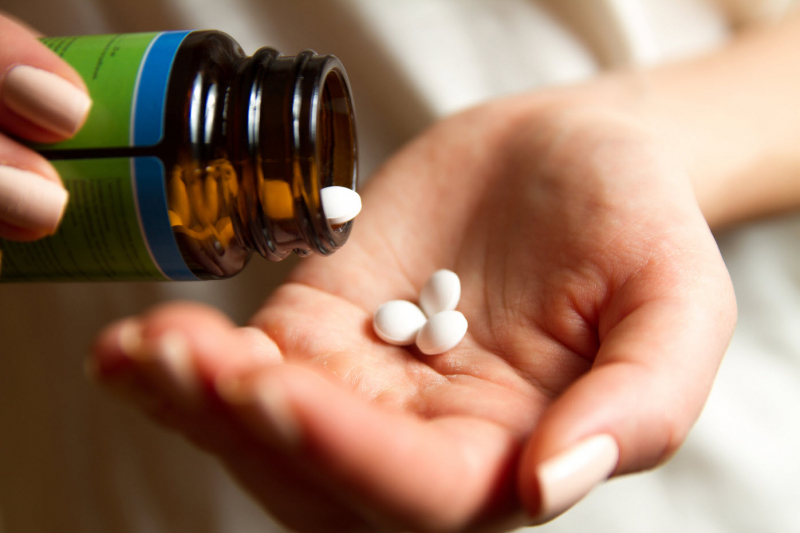
Check on your medication 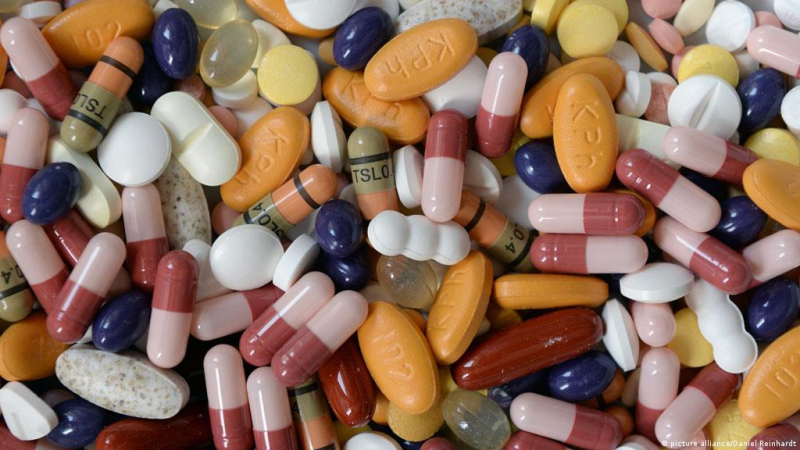
Check on your medication -
You come into touch with some toxins that might harm your liver every day. These might include substances found in insecticides, cleaning products, spray cans, and other home furnishings.
If you come into contact with, breathe in, or absorb too much of them, they might damage liver cells. If you use a mask, goggles, and open the windows as necessary, you can protect yourself. When cleaning your house at home, use natural cleaning products. Do not use aerosol sprays. Instead, choose a well-ventilated area, such as a garage with an open door or even outside, if you want to paint with spray paint. When spray painting, remember to use a mask.

Avoid toxins 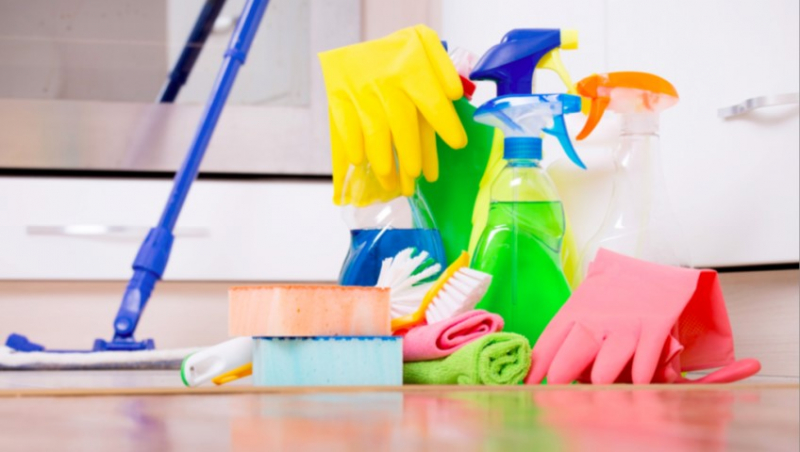
Avoid toxins -
The number one factor that can harm your liver is alcohol. Drink alcohol cautiously. Those who are of the legal drinking age should only consume alcohol in moderation.
For men, this means no more than two alcoholic drinks each day, while for women, it means only one. A man is considered a heavy drinker if he consumes at least four alcoholic drinks per day or 14 alcoholic drinks per week. Or a woman who consumes three alcoholic drinks every day or seven every week. Alcohol abuse causes liver scarring and damage when it is excessive. You may lessen the harm caused to your liver and stop further damage from occurring by adopting easy lifestyle changes, such as cutting back on alcohol consumption.

Limit how much alcohol you drink 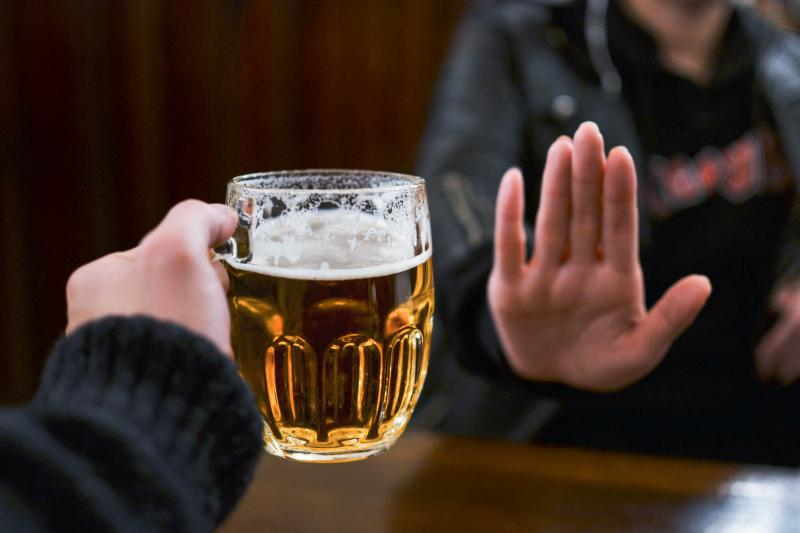
Limit how much alcohol you drink -
A small amount of fat can be found in a healthy liver. When there is an excessive buildup of fat in the liver, you have fatty liver disease. A fatty liver is one that contains 5% to 10% fat by weight of the liver. You can maintain your weight and minimize body fat by making lifestyle changes like exercising regularly.
Exercise also helps in liver detoxification and helps prevent fat accumulation. At least 150 minutes per week should be spent doing some heart-pumping exercise. Keeping physically active improves your health and quality of life, and can also help you to live longer. It's never too late to start doing some exercise. You can do anything that you like but gets your heart rate up.

Stay physically active 
Stay physically active -
Many people regularly use coffee to help them wake up in the morning or get out of a slump in the afternoon. However, coffee could be able to uplift you in more ways than one. According to research, it may be beneficial to you in many ways, particularly for your liver.
The risk of developing liver disorders such as cancer and scarring (fibrosis, cirrhosis) may be lower in people who drink a few cups of coffee each day. It may even slow those conditions in some people who have them. Espresso, instant, and filtered all appear to be effective. Even yet, a balanced diet, maintaining a healthy weight, drinking lots of water, and engaging in regular exercise are all more important for a healthy liver than coffee.

Drink coffee 
Drink coffee












